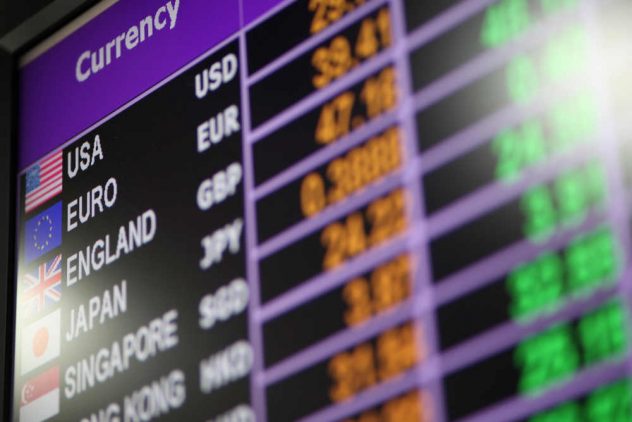What to know before adding currency to your investment portfolio
When it comes to retirement, nobody wants to spend their golden years working. That’s why most people turn toward investment and retirement accounts. By putting away small sums of money through the years, those bits become large pools that also earn interest and dividends. That means that the smart investor looks for ways to maximize their returns off of the principle that they are putting into their accounts.
 One key way to do this is through diversification of an investment portfolio. Just like the old adage of not putting all your eggs in one basket, a properly diversified portfolio has many different investments, all with varying degrees of risk versus reward. In recent times, one of the hottest new investment opportunities is currency investment. Whether your portfolio will deal with international trends and invest in Iraqi dinar, or trade in the latest cryptocurrency, investing in currency is one way to mix up your portfolio for some surprising returns.
One key way to do this is through diversification of an investment portfolio. Just like the old adage of not putting all your eggs in one basket, a properly diversified portfolio has many different investments, all with varying degrees of risk versus reward. In recent times, one of the hottest new investment opportunities is currency investment. Whether your portfolio will deal with international trends and invest in Iraqi dinar, or trade in the latest cryptocurrency, investing in currency is one way to mix up your portfolio for some surprising returns.
Before heading into the currency investment market, there are things that every investor – from the newest to those with experience – should know. While gaining a complete understanding of the foreign exchange – or forex for short – would require several large volumes, there are some significant highlights that will let you know how to speak to your broker, should you wish to diversify into the currency market. Keep in mind as well that the hard currency is entirely different from buying and selling digital currency such as Bitcoin or other cryptocurrencies.
The first thing you should know is that the bank note market is completely different from the standard stock markets. For one thing, there is no central exchange like the NYSE or the NASDAQ. Neither is currency exchange regulated by a governing body. All currency trades are handled based on credit and trust. This also means that there is no such thing as insider trading when it comes to the forex market. If you get a good tip and you’re willing to risk capital on it, you’re free to act as you see fit.
Currency is traded from 5pm EST on Sundays until 4pm EST Friday at every hour. There are trading houses in every major country, making the currency market the most fluid market in the world. Additionally, because it deals with currency, it is also the most liquid market, able to be transferred quickly to accessible assets.
When currency is bought and sold, a typical investor will deal with a forex firm. However, a forex firm is not a broker, they are a dealer. This means that the broker does not charge a commission. They make their money based on the bid-ask spread, which is the difference between the buy and sell price of the currency. The advantage to a long-term investor is that once that spread is covered, any further profits belong to the investor’s portfolio alone.
Investing in foreign currency can be lucrative so long as it is done correctly. With the right advice and the right forex firm handling your accounts, you can see your portfolio benefit significantly from the inclusion of a percentage of currency trading.


